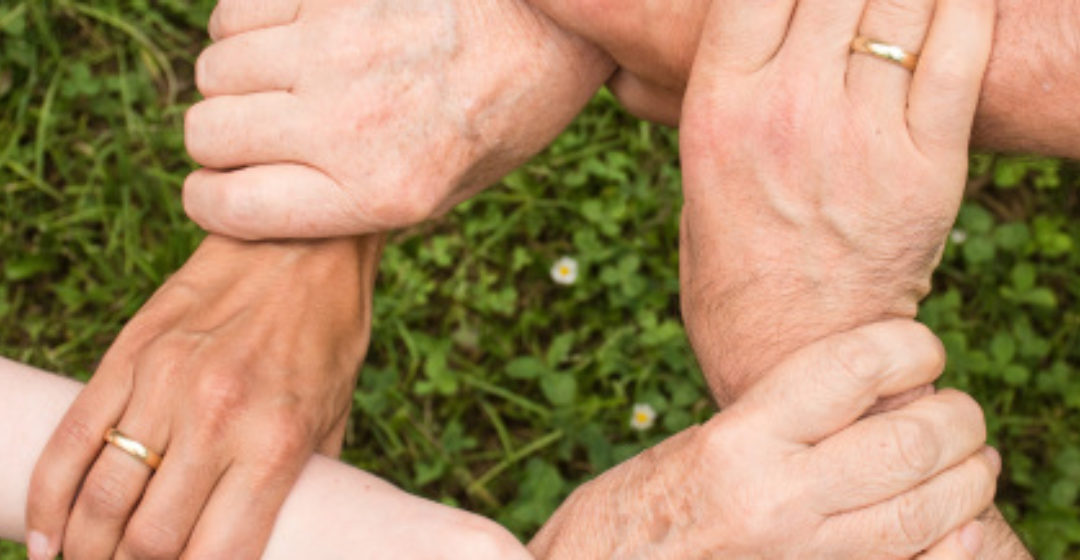One of the viral videos doing the Whatsapp rounds these days is A Joy Story: Joy and Heron. If you haven’t already seen it, have a look!
[youtube https://www.youtube.com/watch?v=ZQGuVKHtrxc]
The wheels in the head started to go around when I forwarded this to a friend who then responded, “I wonder if we train ourselves to expect something in return when we do something for someone.” Meaning thereby, that the video shows the dog being rewarded by the man because the heron brought back fishes for the dog in return for giving the heron the worms. Had there been no return from the heron the dog would probably have been walloped for not having protected the worms or for gobbling them up himself (which the man would have assumed).
This who thought process brought forth a long argument that might be difficult to reproduce here and therefore some salient points:
In Favor of Selfless Acts
The motive behind the action is significant. When someone does something for another person, the motive matters. Take for example a sweet given by a politician to someone and sweet given to a child by the mother. In both cases, the sweet is tasty and edible. The action of the politician is understood to have an ulterior motive; one of luring the voters. The action of the mother, on the other hand, is selfless and endearing since it does not have an ulterior motive. Sometimes it is interpreted as desire for the child to be happy and healthy.
What can the ulterior motive be when a man stops by to help someone change a flat tire? What can the selfish objective be when someone feeds the homeless? We have heard so much about people who have selflessly and tirelessly gone about enriching other lives without giving heed to what that will do to their lives. Mother Teresa being one of the most quoted examples, was one such person. A quick search on Google will lead you to the topmost generous people in the world, based of course, on the amount of money they have donated.
While there are people who have given up their life savings for others, money is not the only thing that people donate. People give their time, open their homes to other people, help refugees and homeless and some even give up their life trying to help others. Surely, those acts are completely selfless!
With social media being so rampant across the world today, it is not tough to find a lot of people doing great things for others. So maybe selfless acts do happen, after all!
No Act is Selfless
Some skeptics would believe that there is nothing called a selfless act. The mother feeds the child because of her own need. It may be to make sure that her child is healthy or that she is considered a good mom. The politician feeds the voters to get the votes (but that one was obvious to you, anyway).
Other acts that seem selfless to the outside viewer mostly stem from a need to feel good. There are people who feel uncomfortable if they do not help a by-stander in need. Those that earn billions and then decide to give away part of their wealth in charity are probably looking for media coverage. In cases where it is not media coverage, it may end up being a simple case of wanting to feel good about themselves.
In the end, it can be argued that any act that seems selfless from the outside (people helping others despite harm to self) are sub-consciously looking for a reward at the end of the day. There is no doubt that helping others gives you a feeling of fulfillment; a feeling that you are worth something and that you are capable enough to do something for someone. That, feeling is the motivation and reward to self.
(My) Judgement
The whole idea of believing that you are doing something for someone else is convoluted. The minute you do something with the belief that you are doing it for someone else, there is a sub-conscious expectation that creeps in. You expect to be rewarded in some manner or another. It maybe a peaceful night, a happier life or something more mundane like – give to others and the Lord will give you more!
When you believe that any act that you do is because you want to do it for yourself, you understand that there is nothing that you will get back from anyone. No nasty expectations are set (consciously or sub-consciously).
There is nothing wrong in doing good deeds. But considering them to be action you do for ‘others’ can only be a falsehood. A good deed is done by someone because they thought it was the right thing to do. It could be their upbringing, their need to feel important and capable, their need for a peaceful sleep at night or anything else that led them to do it!
It is our conditioning that makes us think that doing something for someone is good. It is considered selfless. It is out conditioning that makes us believe that being selfish is bad and doing things for only yourself is looked down upon.
But when you do something believing that you are doing it for another person, it comes with hidden expectations, is fraught with feelings of self-importance and are truly a case of fooling yourself!
So what do you feel? Are truly selfless acts possible? Let’s start a conversation below!


The day when one stops expecting something in return for his or her actions is the day s/he attains the blissful state of equanimity – what we call stitha pragya.